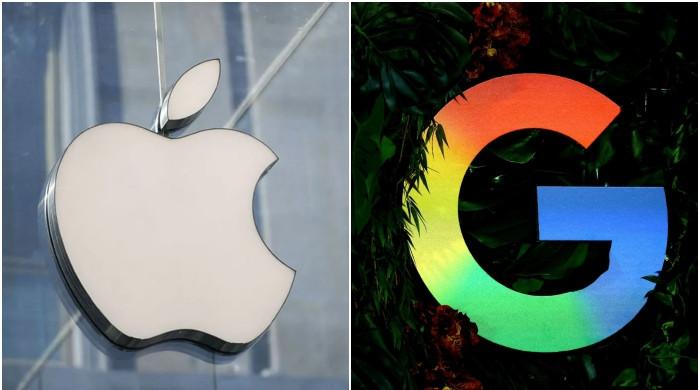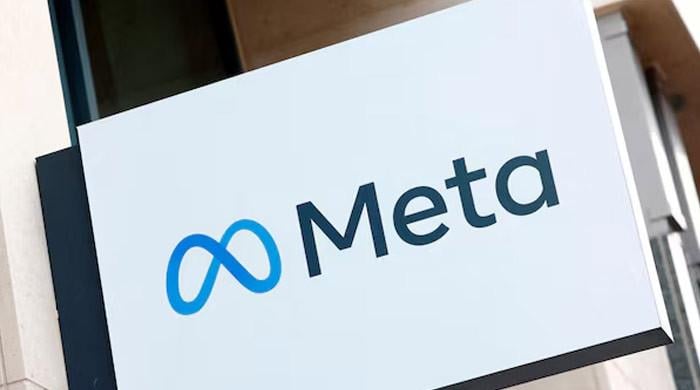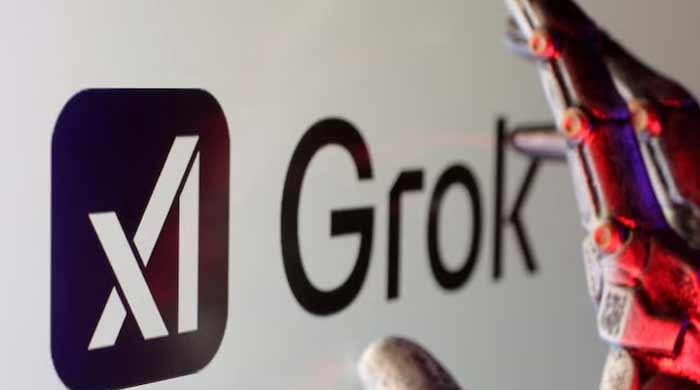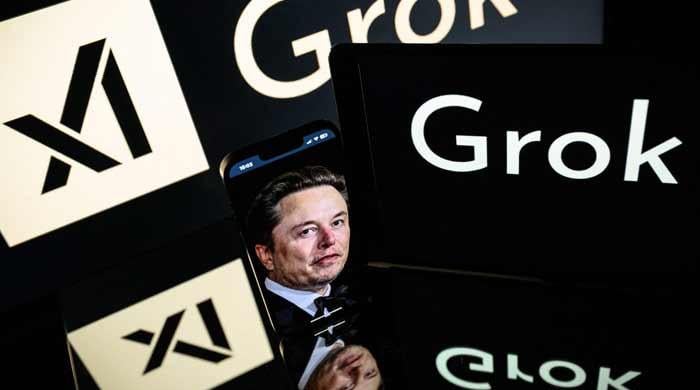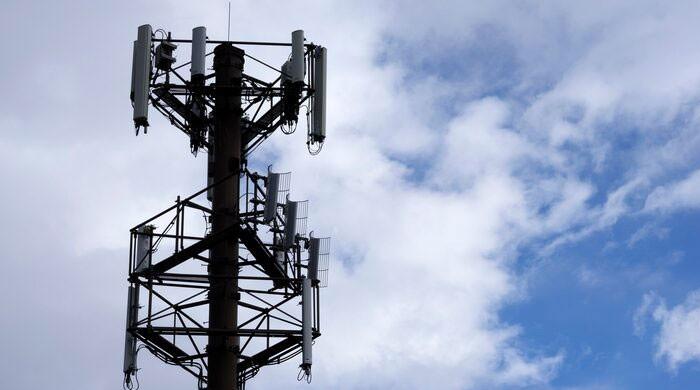Mark Zuckerberg bringing Meta to India with help of Mukesh Ambani?
Meta reportedly set to build data centre at Reliance Industries' Chennai campus
April 05, 2024
- Meta aims to produce local content with data centre in India.
- Deal finalised at Ambani's son's pre-wedding celebrations.
- Indian users' data processed at Meta's Singapore-based centre.
Mark Zuckerberg's Meta is apparently coming to India for the first time with its first data centre set to be established at the Chennai campus of Reliance Industries, owned by Asia's richest man, Mukesh Ambani.
The parent company of social media platforms Facebook, Instagram, and WhatsApp is coming to India with the aim of producing local content for the platforms, according to Hindustan Times, which cited Economic Times' reports from people with knowledge of the situation.
According to the report, the company finalised the deal with Reliance after discussions at Anant Ambani and Radhika Merchant's pre-wedding celebrations in early March, though the deal's value remains uncertain.
Meta plans to operate four to five nodes across multiple locations in India, enhancing data processing speed.
Currently, Meta's data from Indian users is processed at its Singapore-based centre, but a centre in India will improve local advertisements, user experience, and reduce transmission costs, the report explained.
The report further added that Ambani's Reliance Industries has joined hands with a Canadian investment management company, Brookfield Asset Management, and a real estate investment trust company, Digital Realty, in a venture to build the campus.
The campus will be a 10-acre facility in Chennai's Ambattur Industrial Estate, which is capable of providing up to 100MW IT load capacity.
As per the report, Neil Shah, partner at technology research firm Counterpoint Research said: "Meta would aim for greenfield data centres across key regions including Chennai, Mumbai, Hyderabad and Delhi NCR, which can suffice its strong infrastructure requirements from fibre to power.
"While India has the largest number of users, it is still underpenetrated if you look at the installed smartphone user br which is close to 850 million.
"Trying to localise user-generated content and ads is a prudent strategy as it will reduce latency, enhance AI-driven recommendations, and save transmission costs from Singapore and other hubs."




